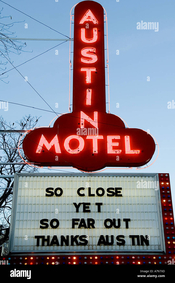In your example, the picture was sold for commercial purposes and the women never got paid or signed a consent agreement. Woold tn have been a problem if posted on social media in France?
I'm curious about what the definition of carrier is?
"Carrier" might be a wrong transition of the (French-) expression 'support'(*) due to my lack of good knowledge of you language.
By carrier I mean all kinds of (industrial) support, or vehicle, where the image is put on so it can be reached by the public: TV, internet site, Film, billboard, advertising, any public channel, magazine, newspaper, published book, brochure, report, anything where the user/publisher/customer have payed for (or not), even by the gouvernement or public services.
In this case, all things are very 'wide'...
So, in the OP's example, the homeless person, when that picture would have been published, and even could be 'consulted' for free, then the regulations about the "le droit a l'image" would apply...
Actually, every individual has "le droit a l'image", no exceptions! And particularly vulnerable people should be protected...
I still couldn't find an full covering translation for this French concept...
BTW, in my example, the woman could not have been asked for her consent as we, the art director, the account executive, the client's representative and me didn't see her as we were so focussed on the belfry...
(*) Élément matériel qui sert de base à une œuvre graphique. Le support d'un dessin (d'une photographie), le papier sur lequel il est fait.
Informatique: élément matériel sur lequel sont enregistrées, véhiculées et stockées des informations (images), dans un système électronique.




